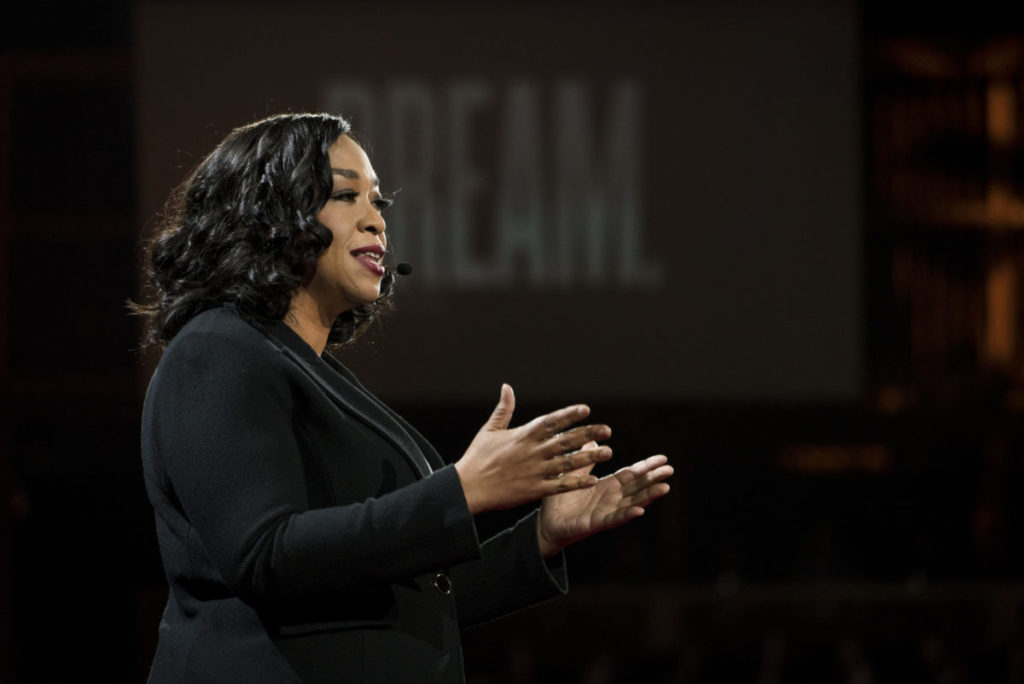
Shonda Rhimes announced she is leaving Twitter in the wake of Elon Musk taking over the company.
“Not hanging around for whatever Elon has planned. Bye,” the television mogul tweeted Saturday.
Musk, a self-described “free speech absolutist,” recently announced that he secured the social media platform in a $44 billion deal. Rhimes didn’t elaborate on why she’s departing, but many critics fear that the business magnate’s plans to enforce free speech on the platform will come with an influx of hate speech and incitement of violence.
Rhimes, who joined Twitter in 2008 and has 1.9 million followers, joins the list of prominent figures who have pledged to remove themselves from the platform in the event of Musk’s acquisition, including Sara Bareilles, Jameela Jamil and Amy Siskind. Bareilles appears to have made good on her pledge, tweeting over the weekend: “Welp. It’s been fun Twitter. I’m out. See you on other platforms, peeps. Sorry, this one’s just not for me.”
Jamil was one of the first to say goodbye to Twitter, announcing back in April that she fears Musk’s free speech bid “is going to help this hell platform reach its final form of totally lawless hate, bigotry and misogyny.”
In the twelve hours following the announcement of Musk’s takeover, use of the N-word on the platform increased by 500%.
The social media platform, occupied by over 230 million users, has come under fire in the past for its handling of hate speech and misinformation. In response,the platform took measures such as adding warning labels to tweets providing misinformation about COVID-19 and banning accounts from people who repeatedly and intentionally spread hate speech and misinformation — including former president Donald Trump.
In Siskind’s announcement of her plans to leave Twitter, she wrote Thursday: “Twitter under Elon Musk is the next Musk Social,” comparing it to Trump’s Truth Social platform.
Musk says that in order to make the site “warm and welcoming to all,” he will reverse Trump’s ban along with many others. Ban reversals are just one aspect of his plan to reverse many content moderation efforts put in place.
The Tesla CEO tried to ease the concerns of his critics by announcing plans to form “a content moderation council with widely diverse viewpoints,” emphasizing that nothing would change until the council convened. He also promised that the platform would not become a “free-for-all hellscape.”
Despite this, the platform is already experiencing a flood of discriminatory messages targeting Black, Jewish and LGBTQ+ communities.
Musk himself recently published suggestive tweets such as “the bird is freed,” and “Comedy is now legal on Twitter.”



